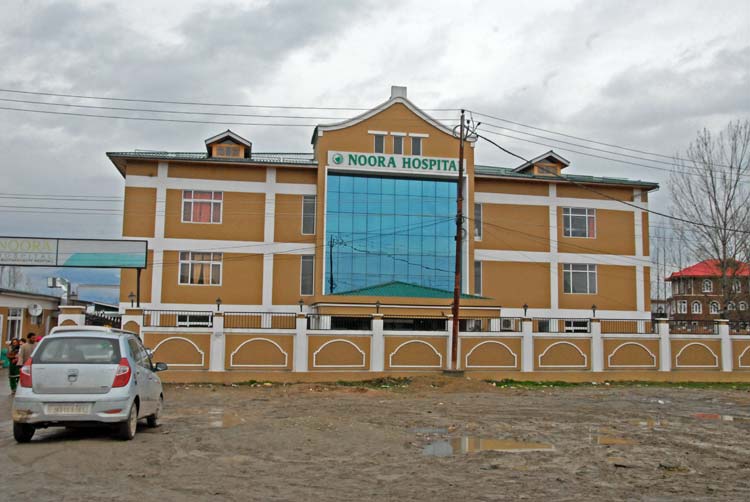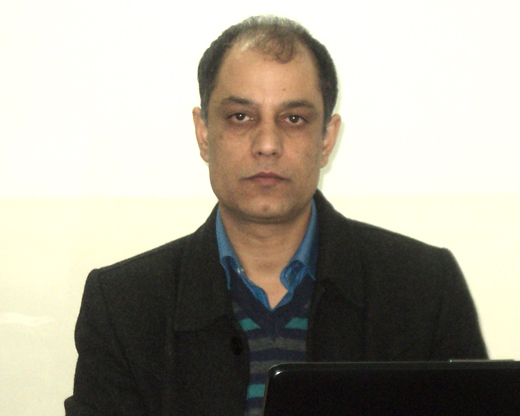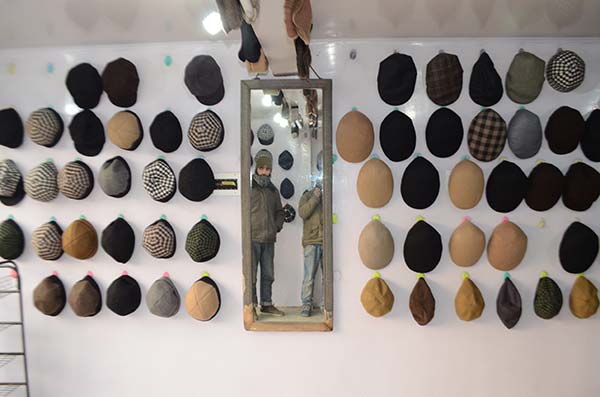With a huge number of Kashmiris still dependent on hospitals outside valley for specialized treatment, a young entrepreneur tries to fill the gap. Riyaz Ul Khaliq profiles Noora Hospital that has emerged as an alternate address for quality healthcare

In last 25 years of conflict, healthcare has been one of the most neglected sectors in Kashmir. With most of the focus set on the revival of tourism sector, there was hardly any private investment in healthcare. During that time, the idea of multi or super-speciality healthcare facilities in Kashmir did not evolve as people preferred to go to New Delhi, Mumbai, Chandigarh or Amritsar. And those with limited resources had to rely on whatever facilities government run facilities provided. But as guns fell silent and new generation of Kashmiris started to make their way back home after studying outside, fresh ideas followed.
Sensing scope of investment in healthcare sector in Kashmir, Manzoor Ahmad Wagay, started a multi-speciality hospital on the outskirts of Srinagar city in Umerabad, Zainakote.
A London returned business graduate, Manzoor convinced his father to allow him to use their ancestral land for this project. It was 2010 and within next two years Manzoor’s dream project, which is now called Noora Hospital started catering to patients.
“Imagine the number of Kashmiris visiting outside for treatment. It is huge,” says Manzoor.
The idea behind a super speciality hospital like Noora was to reduce the gap that has been there between patients and healthcare facilities. Over the years private hospitals in cities like Pune, Amritsar and Chandigarh made fortunes because of Kashmiris visiting them. “It was solely because we lacked quality healthcare facilities here,” feels Manzoor who is planning to start a paramedical college soon.
In last two decades foreign returned young Kashmiris have raised the bar of entrepreneurship by investing in different sectors on a grand scale. Manzoor too is looking at Kashmir’s ailing health sector with same business acumen. “I want to offer best healthcare to people across valley. It is high time we reverse the trend of going outside Kashmir for treatment,” says Manzoor.
Noora started two clinics one each in Sopore and Handwara as part of their expansion plan. “We want to cater to people living in rural areas. These clinics are part of that plan,” says Manzoor.
The hospital is 49 bedded but the management is planning to upgrade it to 100 beds soon. As of now, the hospital provides patient care in all the major medical departments ranging from General Medicine, Gynaecology, Paediatrics, Urology, Nero surgery to surgical Oncology.

“In the short span of life,” says Manzoor, “major surgeries in brain, cancer and oesophageal have started in Noora.” Besides, he says, advanced laparoscopic, urological surgeries have also been done.
Situated on highway, the hospital connects with the major parts of North Kashmir. The number of patients visiting for consultation is surging day by day. “We receive around 100 patients in OPD daily,” informs Zahoor Ahmad, a front end employee of the hospital. “And about 20-25 patients are being admitted in IPD for specialised treatment in the hospital.”
With almost 100 employees on rolls, the hospital authorities are asserting that they are doing their bit to provide employment to the educated youth.
Manzoor says that their aim is to deliver quality healthcare services to the people at affordable cost.
“We have been trying to bring international standard healthcare at the footsteps of common people,” he says. “Though we charge people visiting our hospital but we do give services in return. We try to provide best medical care at an affordable cost.”
Noora, Manzoor claims, is the largest hospital in private sector in Kashmir giving complete health care services under one roof.
“With the aim in mind, we have procured world class Ct Scan 128 Slice which will be the first of its kind in J&K,” Manzoor says. “It shall be functional by the end of March this year.”
He believes that to develop health care system in valley huge investment is required and people have to come forward. “It is not so easy but not impossible. We have to invest but only then we can be able to develop our ailing health care system,” Manzoor says.















